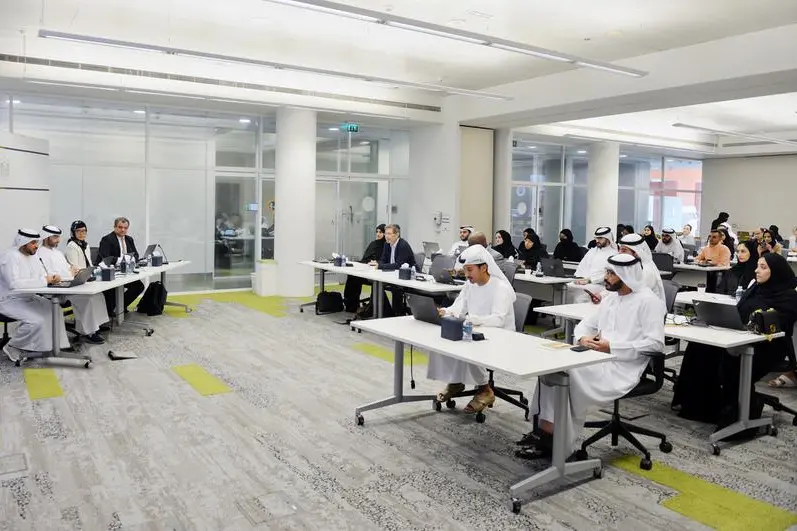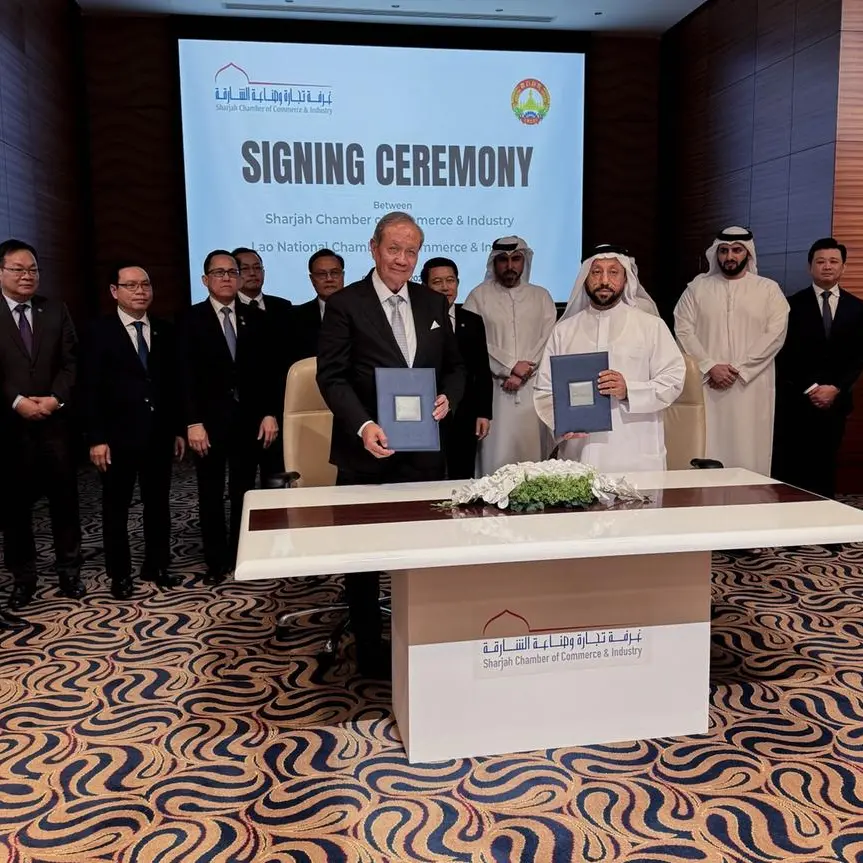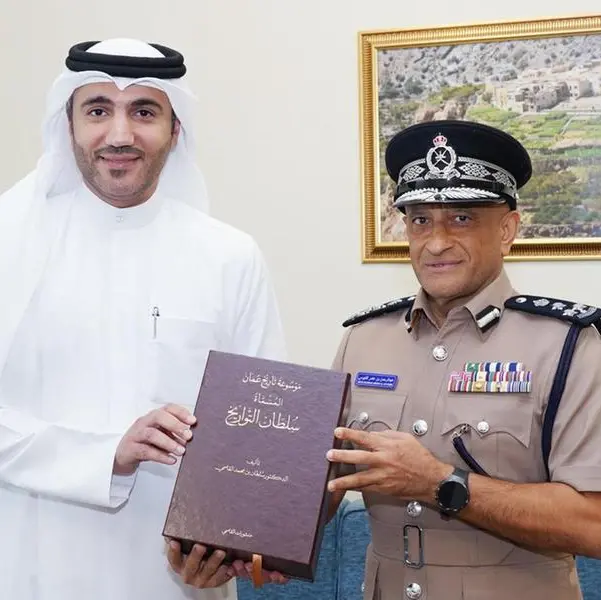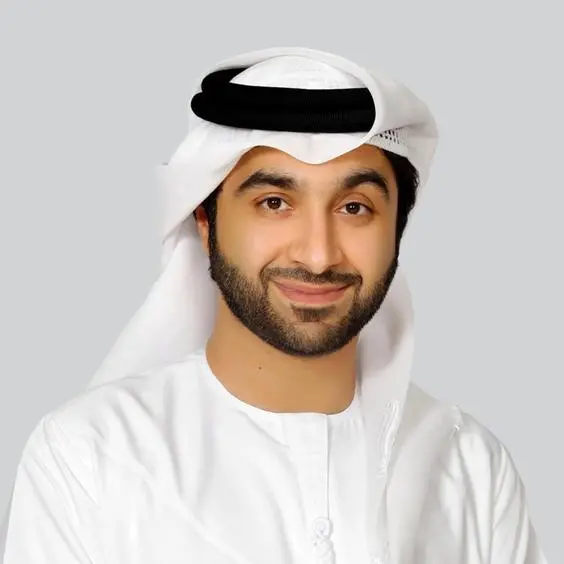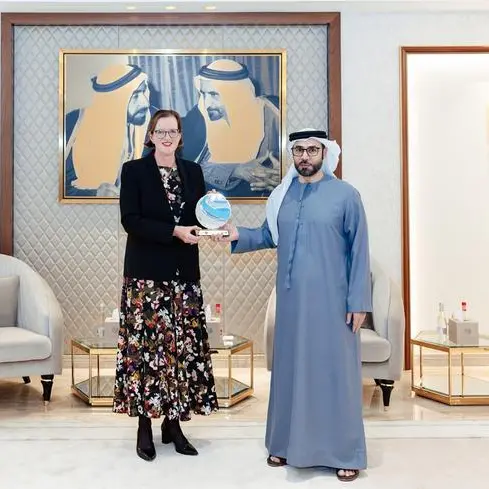PHOTO
UAE: The Telecommunications & Digital Government Regulatory Authority (TDRA), in cooperation with the ITU, held the ITU Workshop for Satellite Operators & Academia in the UAE on procedures and regulations of non-geostationary satellite systems. The three-day workshop held at TDRA's headquarters in Dubai was attended by 50 participants from 9 different entities: Al Yah Satellite Communication Company (Yahsat), Dubai Electricity and Water Authority (DEWA), Mohammed Bin Rashid Space Centre (MBRSC), National Space Science & Technology Center (NSSTC), Sharjah Academy of Astronomy, Space Sciences & Technology (SAASST), Khalifa University, Marshall Intech, Telecommunications Regulatory Authority of Bahrain and Bahrain's National Space Science Agency (NSSA).
The workshop particularly targeted satellite operators, academia and other relevant organizations in the UAE, who already have or own space and satellite launch projects, requiring particular knowledge of ITU procedures and regulations related to satellite networks and systems.
The workshop provided hands-on training with respect to ITU software and systems for the creation of various satellite network filings, advantages of joining the ITU as Sector Member or academic body, in addition to providing detailed information on space services and some other relevant topics.
The workshop, presented by ITU experts, helped participants enhance their knowledge of regulatory procedures of satellite system and network filings, to develop their current and future space projects, which would contribute to capacity building and enhancing the UAE’s position in the space sector.
In his speech at the opening of the workshop, Eng. Tariq al-Awadhi, Executive Director Spectrum Affairs, welcomed the participants, and said: “This workshop is one of the events through which TDRA aims to raise awareness on the importance of the space sector, and introduce those interested to the ITU procedures and regulations adopted by all other state administrations. The popular and modern technology offered by satellite systems nowadays encourage us all to prepare and improve our capabilities in order for us to be proactive in this field, and co-develop such technologies to the benefit of our country in particular and the world in general.”
Mr. al-Awadhi thanked the ITU for their constant cooperation with TDRA in many events, adding: “We thank the ITU for participating in this event aimed at developing UAE’s space sector, and invite all participants to strengthen their ties with the ITU staff and build meaningful relationships with all, in order to exchange knowledge and achieve fruitful cooperation.”
Workshop participants learned about the importance of the academic sector in strengthening the capacity of the space sector, potentially leading to new space projects. Participants also benefited from ITU experts to learn about different aspects of the Radio Regulations and get hands-on experience in the ITU software.
The UAE encourages various organizations to enter the space sector, as reflected in the development of initiatives and projects that brought about satellite launches for scientific, exploratory purposes and other space-based services.
-Ends-
Terminology
Non-geostationary Satellites: Satellites that follow orbits of varying heights from earth's surface, where the orbit height ranges between 160-36000 km.
International Telecommunication Union (ITU): The United Nations specialized agency for information and communication technologies – ICTs. The ITU allocates global radio spectrum and satellite orbits, develop the technical standards that ensure networks and technologies seamlessly interconnect, and strive to improve access to ICTs to underserved communities worldwide.
-Ends-
About TDRA:
The Telecommunications & Digital Government Regulatory Authority is tasked with supervising the telecommunications and digital government sectors in the UAE according to the Telecom Law issued by Federal Decree No. (3) of 2003 (as amended) and Decree No. (23) issued September 27, 2020 amending some provisions of Decree-Law No. (3) of 2003 on the Regulation of the Telecommunications Sector, and adding “digital government” to the functions and name of the Authority.
The regulatory role of TDRA is to ensure provision of excellent telecommunications services, develop the industry, protect interests of parties, implement relevant policy and regulatory frameworks, develop human resources and promote R&D, thereby ensuring the UAE a leading regional and global place in the telecommunications sector.
In the area of enabling digital transformation, TDRA is responsible for overseeing the UAE Federal Digital Government under Law No. 3 of 2011. Since then, TDRA has been responsible for digital transformation at the national level through two strategic objectives: enhancing the smart lifestyle, and leadership in the digital infrastructure of the UAE.
